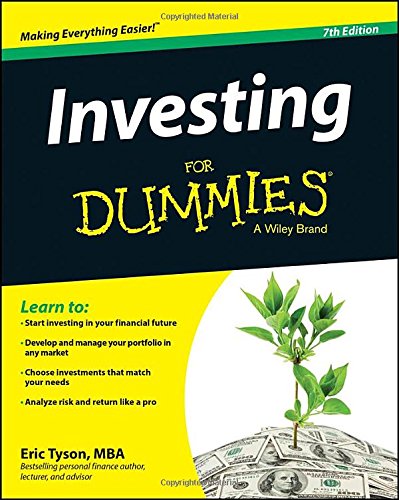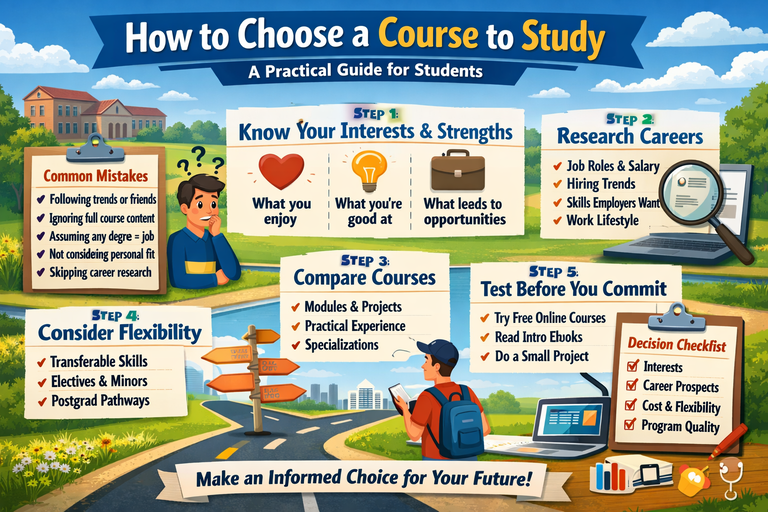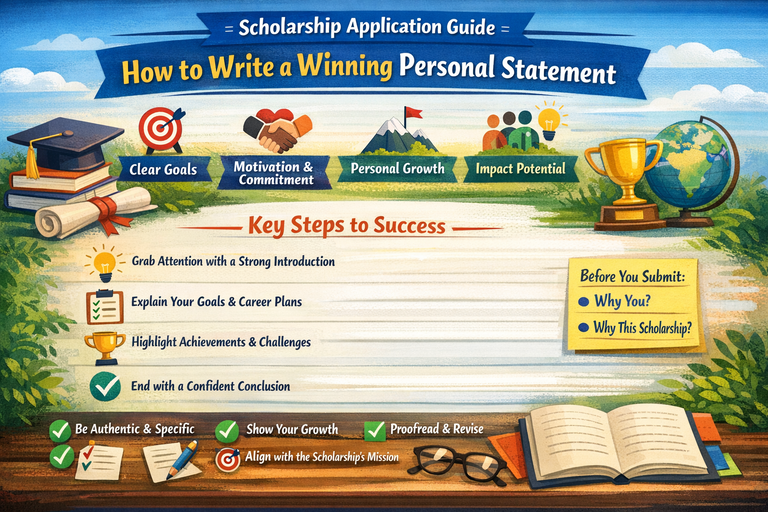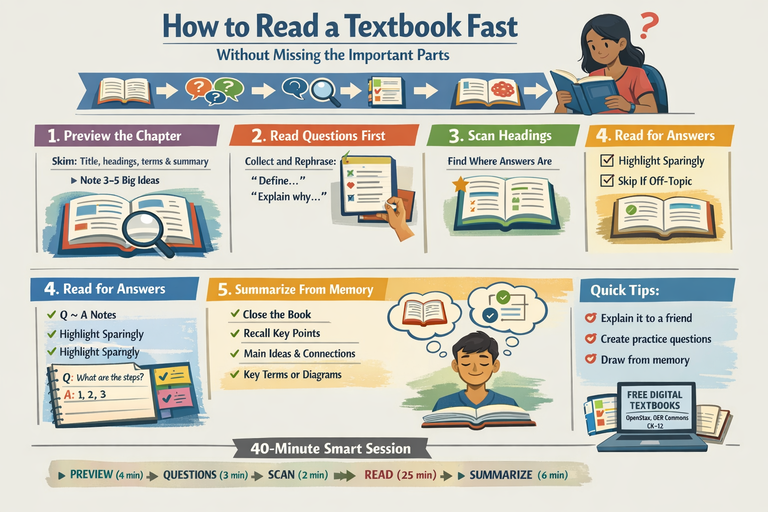Books That Teach Life Lessons Without Being Preachy
Some books leave you with more than a gripping story or beautiful prose—they leave you with something to carry into your own life. The best books that teach life lessons don’t hit you over the head with moralizing speeches or tell you how to live. Instead, they subtly embed wisdom into the characters, the choices they make, and the journeys they endure. You don’t feel lectured—you feel seen, understood, and quietly guided.
At Junkybooks, we believe the most powerful life lessons in literature are those that come wrapped in emotion, honesty, and storytelling that respects the reader’s intelligence. The books below offer exactly that. They deal with themes like kindness, resilience, identity, love, fear, and change, all without ever sounding like a sermon.
If you're looking for stories that stay with you, not because they told you what to do, but because they helped you feel something true—this list is for you.
1. The Alchemist by Paulo Coelho
A modern classic in the genre of inspirational fiction, The Alchemist tells the story of a young shepherd named Santiago who goes in search of his “Personal Legend.” What makes this book so effective is that its lessons—about following your dreams, listening to your heart, and trusting the universe—are woven naturally into the story. Coelho doesn’t preach. He lets the story do the work, leaving the reader to interpret the meaning at their own pace.2. Eleanor Oliphant Is Completely Fine by Gail Honeyman
On the surface, this is a novel about a socially awkward woman navigating daily life. But underneath, it’s a quiet, moving exploration of loneliness, trauma, and human connection. It teaches that you never really know what someone else is going through, and that kindness, even when it feels awkward or small, can be transformative. Eleanor’s journey is not only believable but deeply touching, offering lessons in empathy without ever saying, “Be empathetic.”3. Tuesdays with Morrie by Mitch Albom
This one could have easily been preachy—it’s literally framed around a dying professor giving life advice to his former student. But it works because Morrie doesn’t speak in clichés, and the conversations feel like heartfelt reflections rather than rehearsed monologues. The book is touching, real, and unpretentious. Its lessons on aging, love, and death feel like shared truths rather than life rules.4. A Man Called Ove by Fredrik Backman
Ove is grumpy, stuck in his ways, and doesn’t care what you think of him. But this story about a curmudgeonly old man finding unexpected companionship is one of the most emotionally satisfying books you’ll ever read. Through Ove’s interactions with neighbors and painful memories, the novel gently delivers powerful messages about community, grief, love, and second chances—without ever veering into cheesy territory.5. The Midnight Library by Matt Haig
Imagine being able to live every version of your life—every choice you didn’t make, every door you didn’t open. That’s the premise of The Midnight Library, a novel that explores regret, possibility, and what it means to live a meaningful life. The lesson that your life, as it is, might be more valuable than you realize is presented not as a moral but as a revelation, drawn from the character’s emotional experience. It invites reflection, not compliance.6. The Little Prince by Antoine de Saint-Exupéry
Don’t be fooled by its small size or whimsical tone—this French classic is packed with insight about love, loss, imagination, and the foolishness of adulthood. Its life lessons come through dialogue and parables, all delivered in a way that feels like gentle whispers rather than moral commands. Readers of all ages can take something different from it, which is what makes it timeless.7. Big Magic by Elizabeth Gilbert
This is a nonfiction book, but it reads like an honest conversation rather than a motivational manual. Big Magic explores creativity, fear, and living a life driven by curiosity rather than fear. Gilbert doesn’t try to convince you she has all the answers. Instead, she shares stories and insights from her own journey, encouraging readers to find their own path through the creative process—and through life.8. The Fault in Our Stars by John Green
Yes, it’s a young adult novel. But John Green’s writing speaks across generations. Through the eyes of two teenagers with cancer, we’re reminded of how precious and fragile life is, and how love can be powerful even when it's brief. The characters don’t pontificate—they simply exist with honesty, humor, and grace, making you feel the lessons rather than hear them.9. The Book Thief by Markus Zusak
Narrated by Death during World War II, The Book Thief is a story about the power of words, the resilience of the human spirit, and the quiet ways in which people resist evil. Liesel, the young protagonist, learns to read and write during unimaginable hardship. The story doesn’t offer easy answers or grand statements—it lets small acts of kindness and courage shine. The result is a narrative that humbles and inspires without needing to moralize.10. Wonder by R.J. Palacio
This novel, often recommended for younger readers, is a surprisingly profound story about acceptance, compassion, and bravery. Auggie, a boy with a facial difference, enters school for the first time in fifth grade. His experience, along with those of the people around him, becomes a lens for the reader to explore how we treat others, especially those who are different. The book’s lessons are subtle, layered in character and perspective shifts that invite reflection rather than judgement.Why These Books Work
The common thread in all these books is that the authors trust the reader. They don’t lay down rules or simplify complex issues into bite-sized “life hacks.” They give us stories that mirror our own experiences, fears, and hopes. Instead of saying, “This is what you should do,” they say, “Here’s a story—see what you discover in it.”
Good fiction (and even some nonfiction) doesn’t tell you what to think. It shows you what it means to be human. The struggles and breakthroughs of the characters become mirrors through which we see our own lives more clearly.
How to Spot a Life-Changing Book That Won’t Preach
-
Relatable characters: When you see yourself in a character’s shoes, their growth becomes your own.
-
Subtle storytelling: The message unfolds naturally as part of the plot.
-
Open-ended themes: Good books pose questions more than they offer answers.
-
Emotional truth: The best life lessons are ones you feel, not ones you're told.
-
Literary humility: Books that don’t pretend to know everything often teach you the most.
Final Thoughts
At Junkybooks, we know that not everyone wants to read a “self-help” book. But almost everyone wants to understand life—and themselves—a little better. That’s where great literature comes in. These books don’t demand anything from you. They simply invite you into a story, and if you're open to it, they leave you changed.
If you’re tired of books that shout messages at you, pick one of these up. They’ll offer insight without ego, wisdom without arrogance, and truth without lectures. And maybe, when you least expect it, they’ll teach you something you didn’t even know you needed to learn.







